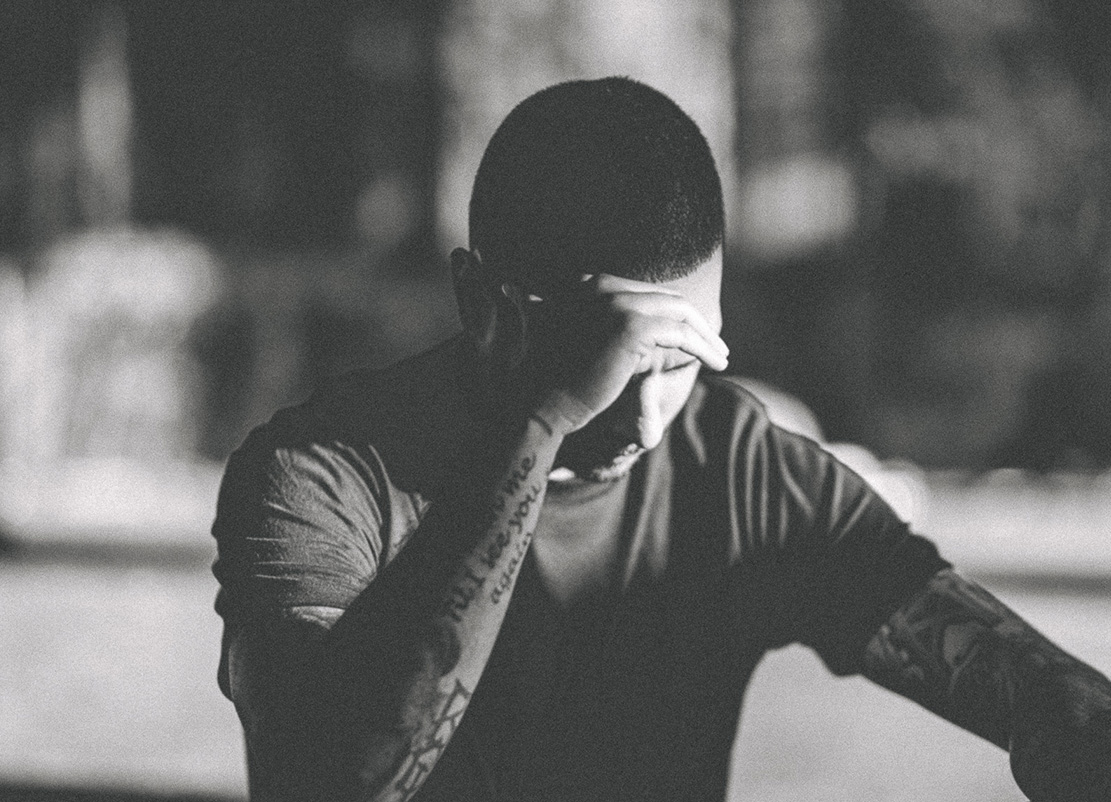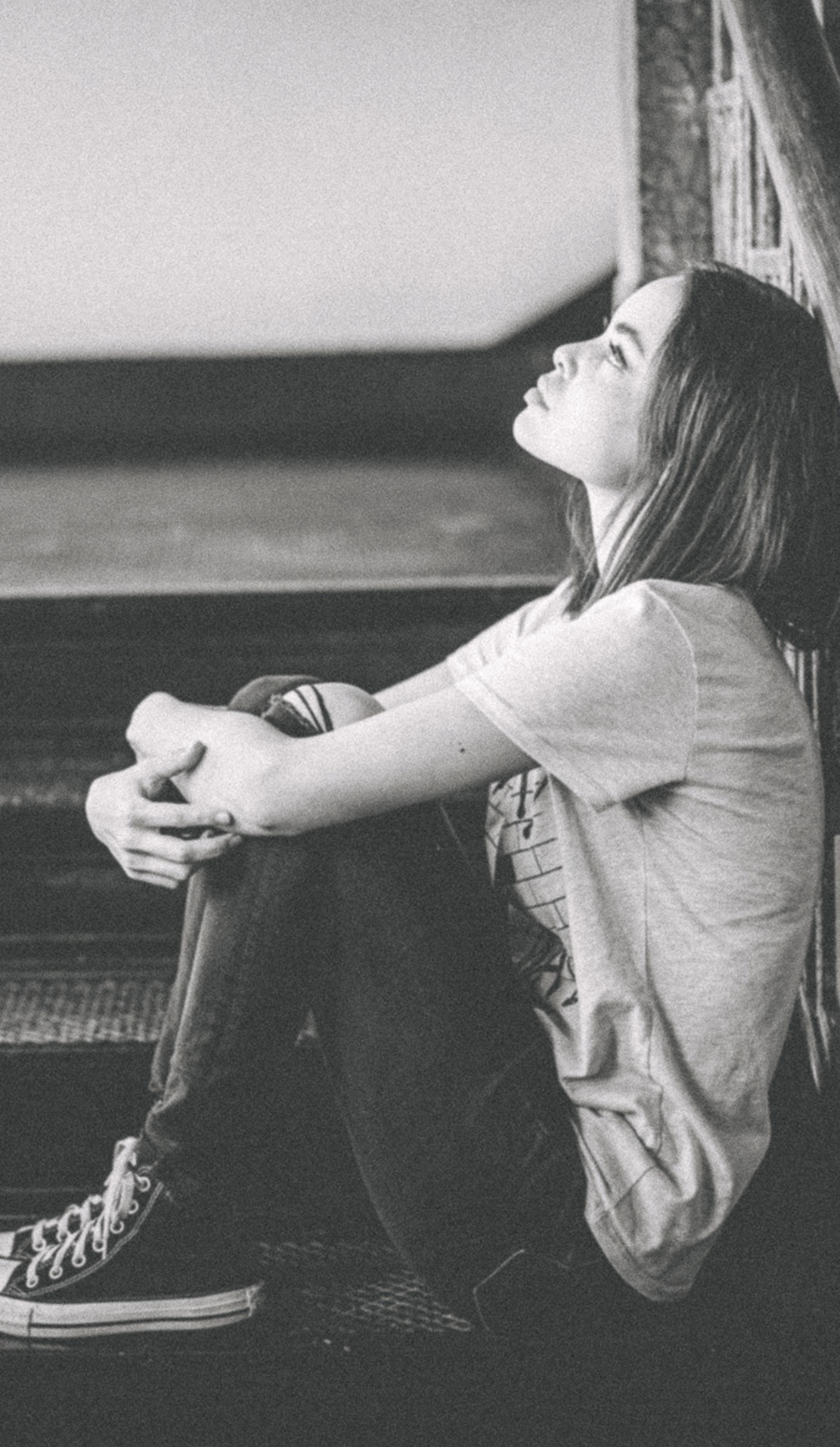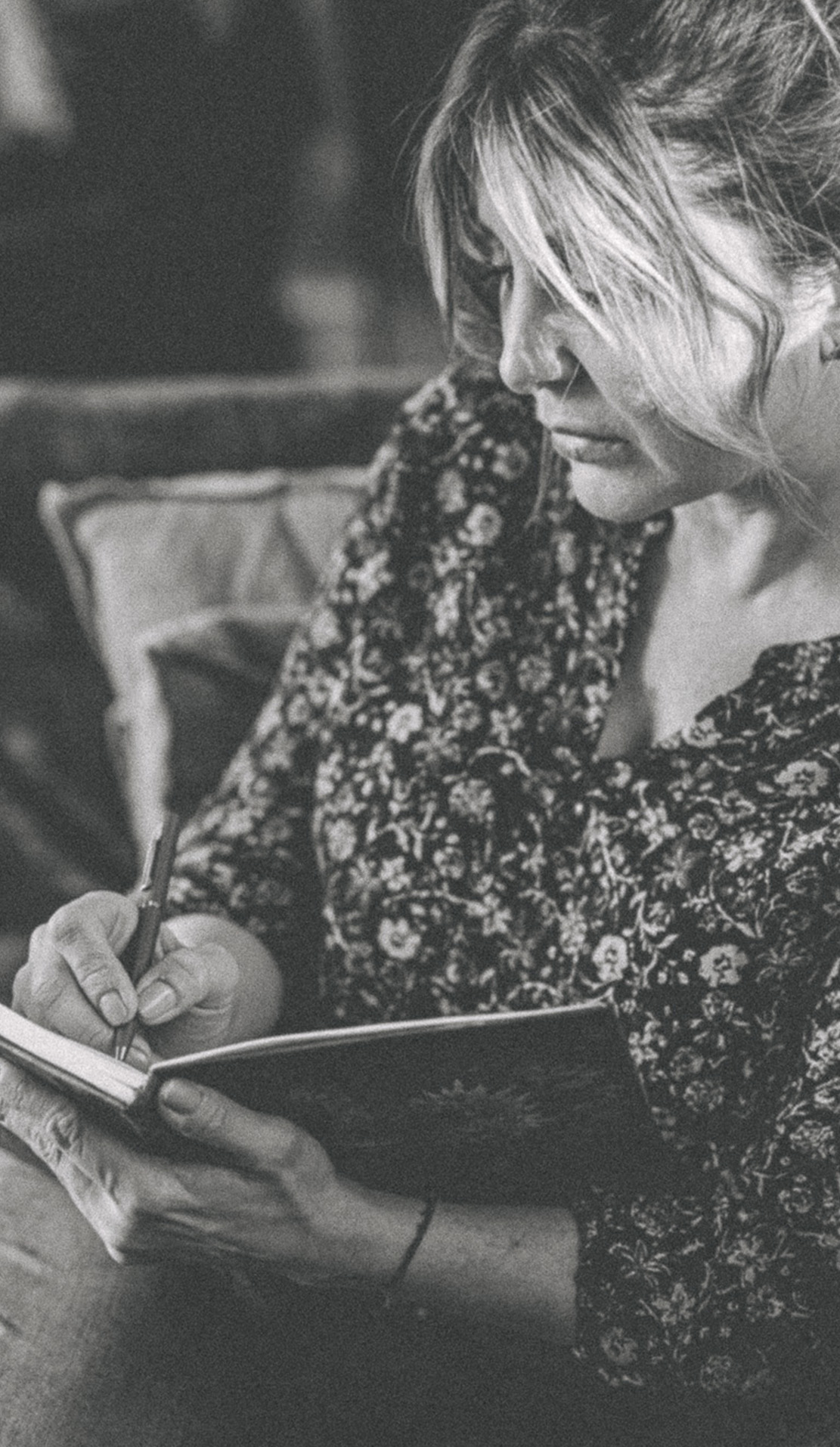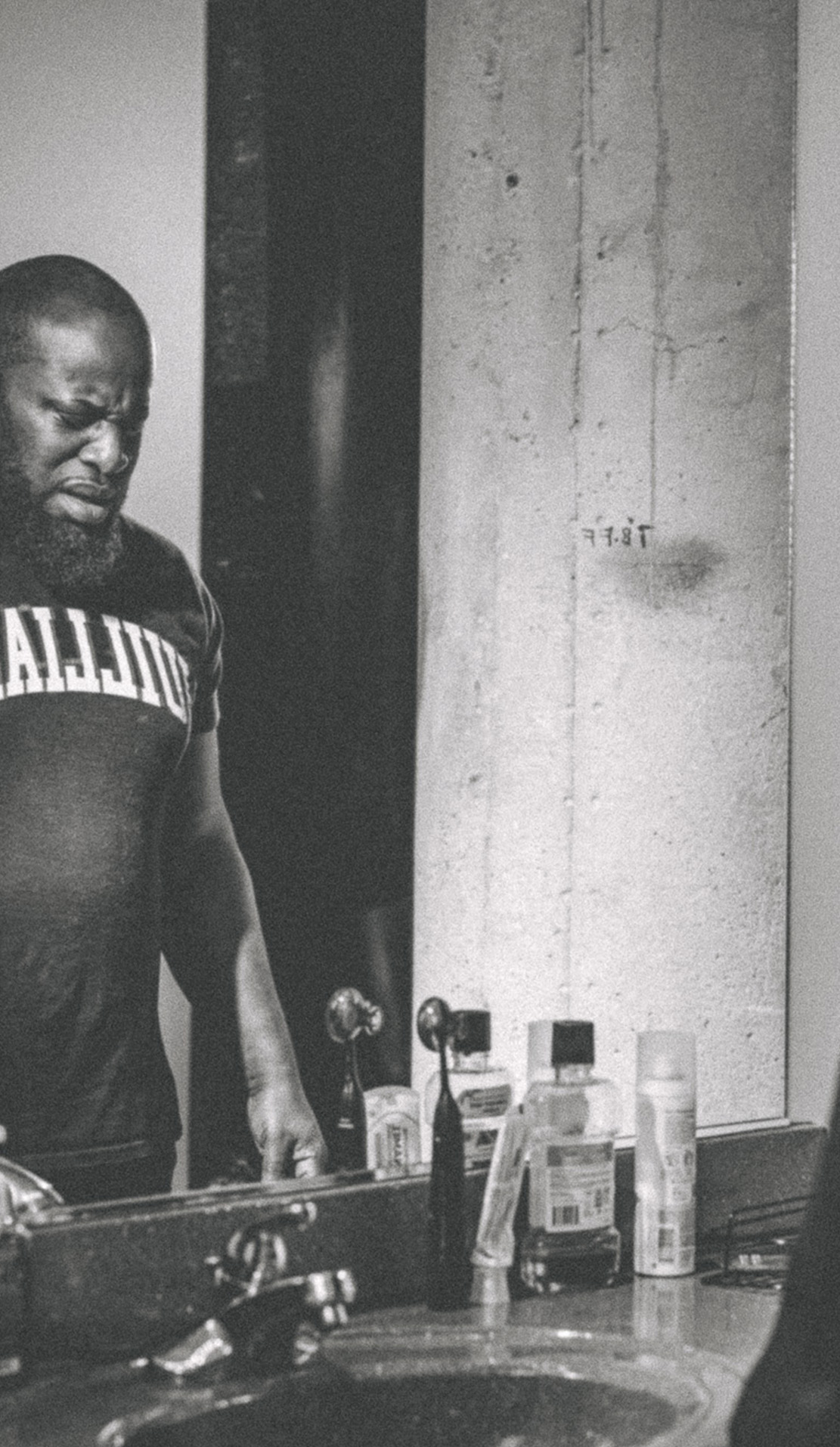65% of Dallas County residents cite “stigma” or “embarrassment” as the primary barrier to getting help for mental health challenges.
Learn about Stigma.


Learn About
Loneliness or Isolation
DO YOU FEEL LIKE NO ONE IS THERE FOR YOU?
You can end up feeling small and meaningless and like no one cares. And that’s all right — many others feel that way. As humans, we’re not as good at community bonding as we should be.
NEED WAYS TO HELP MANAGE LONELINESS OR ISOLATION?
Description Of Loneliness
It’s important to remember that it’s okay to be alone. Sometimes being alone is even preferred so you can work on projects, watch TV, play games, or read a book. But when you consistently and persistently feel painfully alone and don’t know what to do about it, that is loneliness, which can impact your mental and physical health. It’s harder to find friends these days or connect because it can feel like everyone seems very busy. The lack of connection to others can lead to isolation and feeling like you are cut off from the world.
Warning Signs:
No close or “best” friends. You may have friends, but they are casual friends or acquaintances, and you feel no one truly “gets” you.
Inability to connect with others on a deeper, more intimate level. Your interactions are at a surface level and don’t feel fulfilling.
An overwhelming feeling of isolation, regardless of where you are or who’s around. You can be surrounded by dozens of people at work or at a party and still feel isolated, separate, alienated, and disengaged. It’s as if you’re in your own private bubble.
Feeling as if you can’t reach out to anyone. When you try to connect or reach out, it’s not reciprocated, and you’re not seen or heard.
Exhaustion and burnout when trying to engage socially.
What To Do Now
We can help connect you to resources to address your loneliness and isolation. Go to FindHelp.org now, or call 988.
The harmful health effects of persistent loneliness and isolation are equivalent to smoking 15 cigarettes per day.
Your mental health matters.
You’re here. And that’s a great first step on the way to finding better ways to manage your mental health. Because here’s the thing, mental health affects everyone and it changes throughout your life as you experience new challenges and go through trauma, stress, change and everything else this world can throw at you. And it takes a lot of practice, care and help to manage your mental health through it all. That’s why we’re here with the information, resources, tips and people you need — so you don’t have to do it alone. So, let’s keep it going and take the next steps toward better mental health together. What are you dealing with?

Stress

Sadness and Depression

Loneliness and Isolation

Nervousness and Anxiety

Suicidal Thoughts

Difficult Relationships